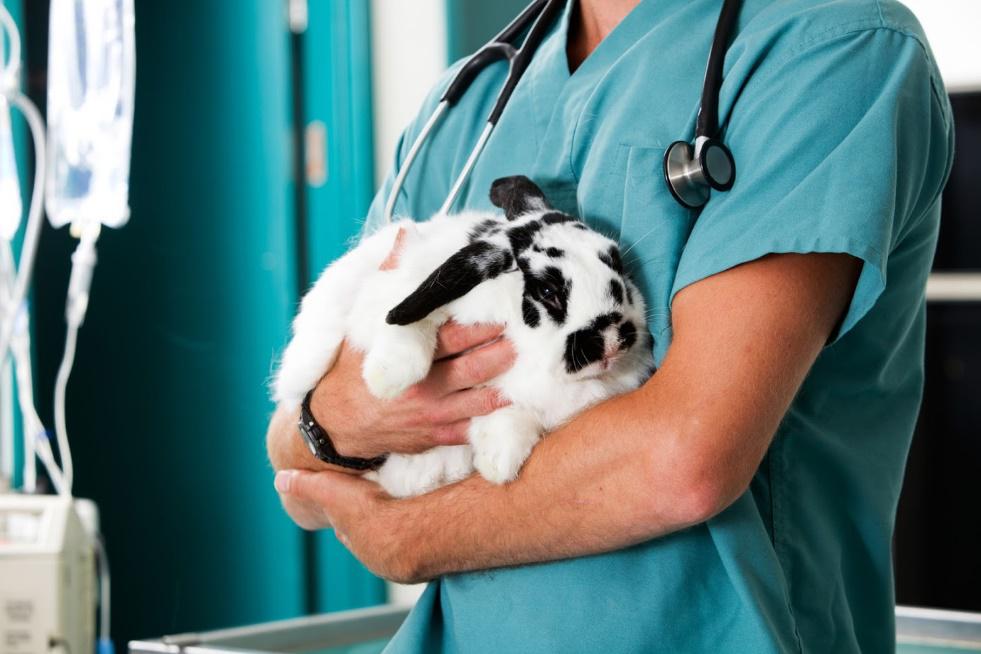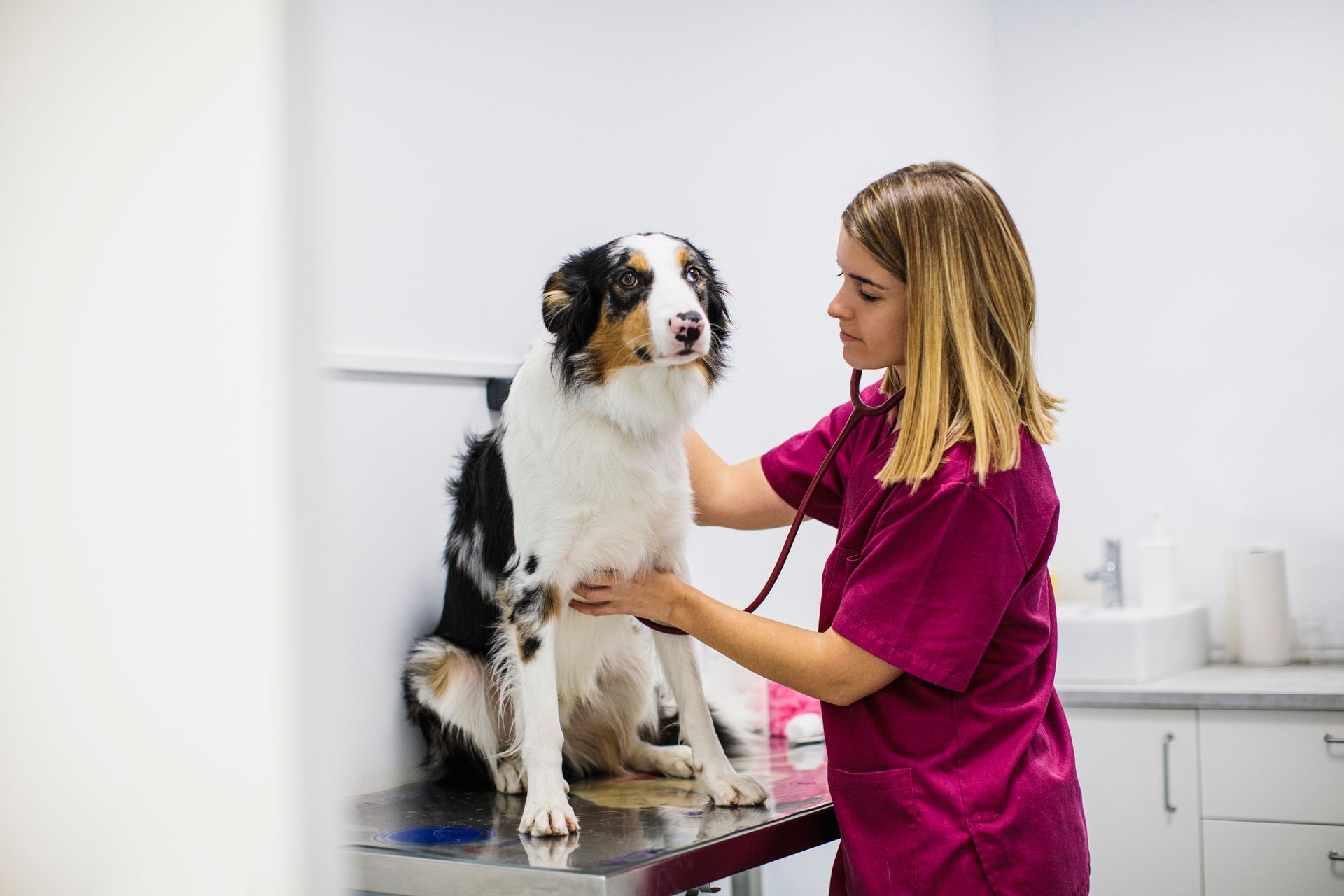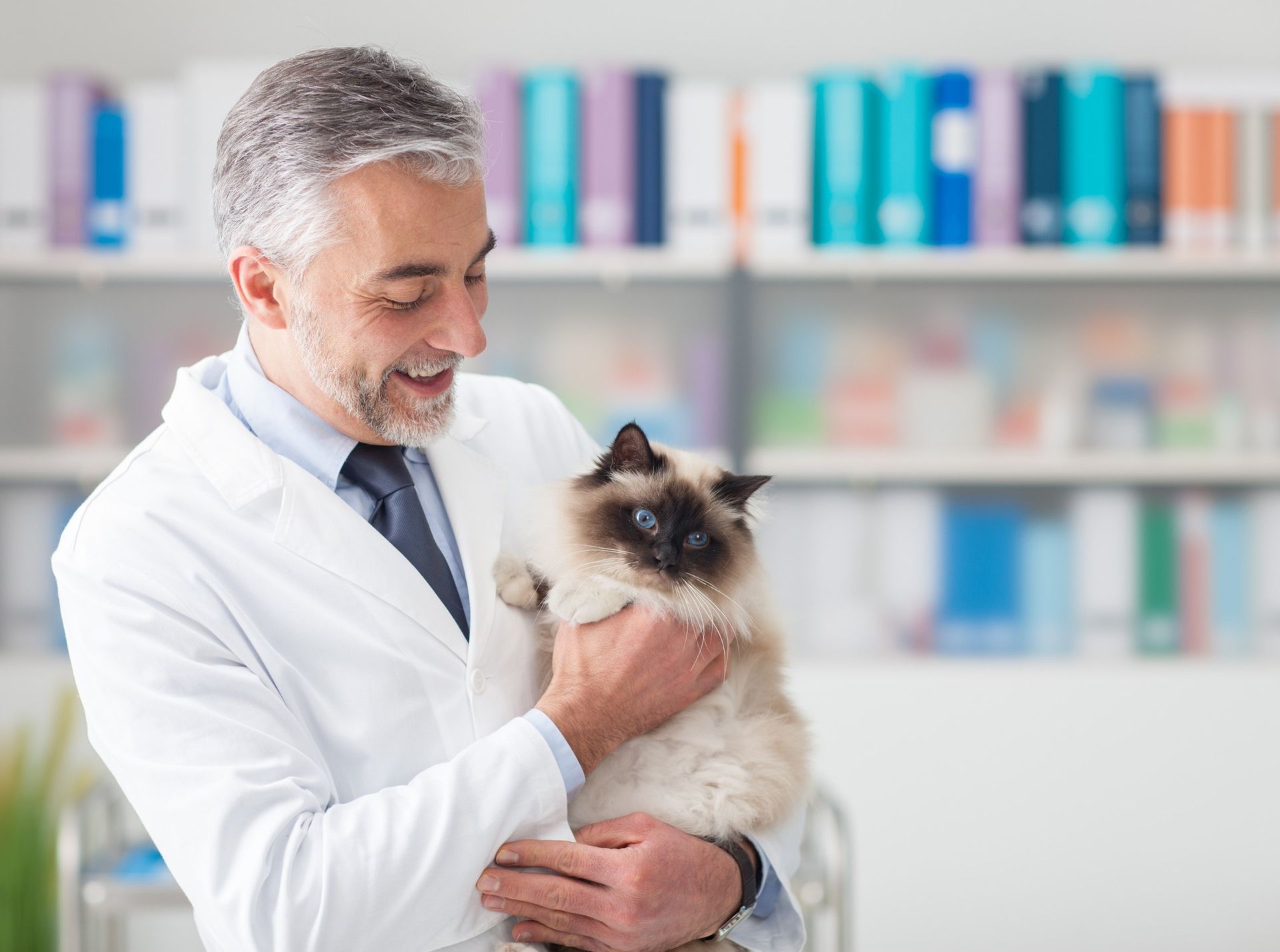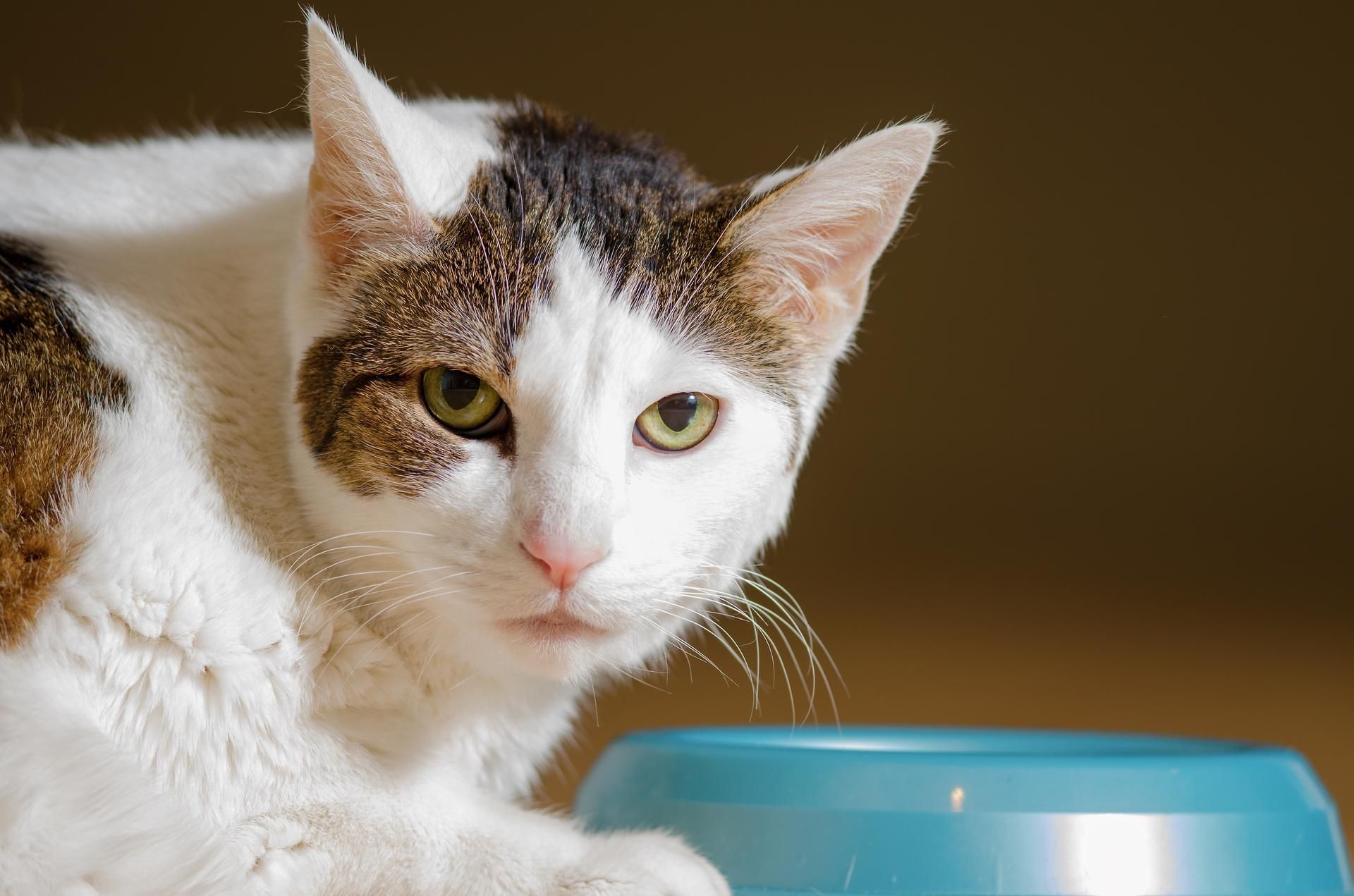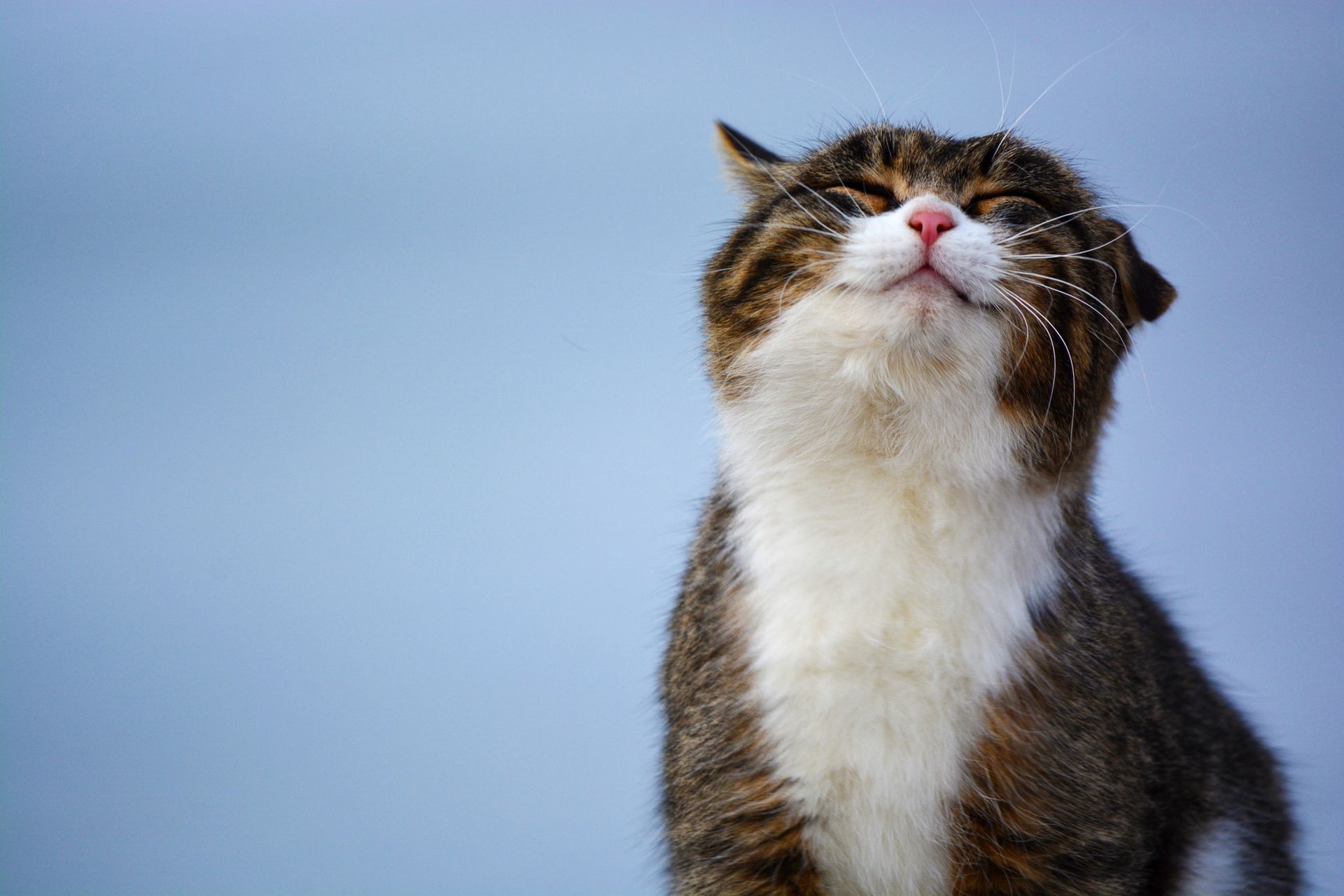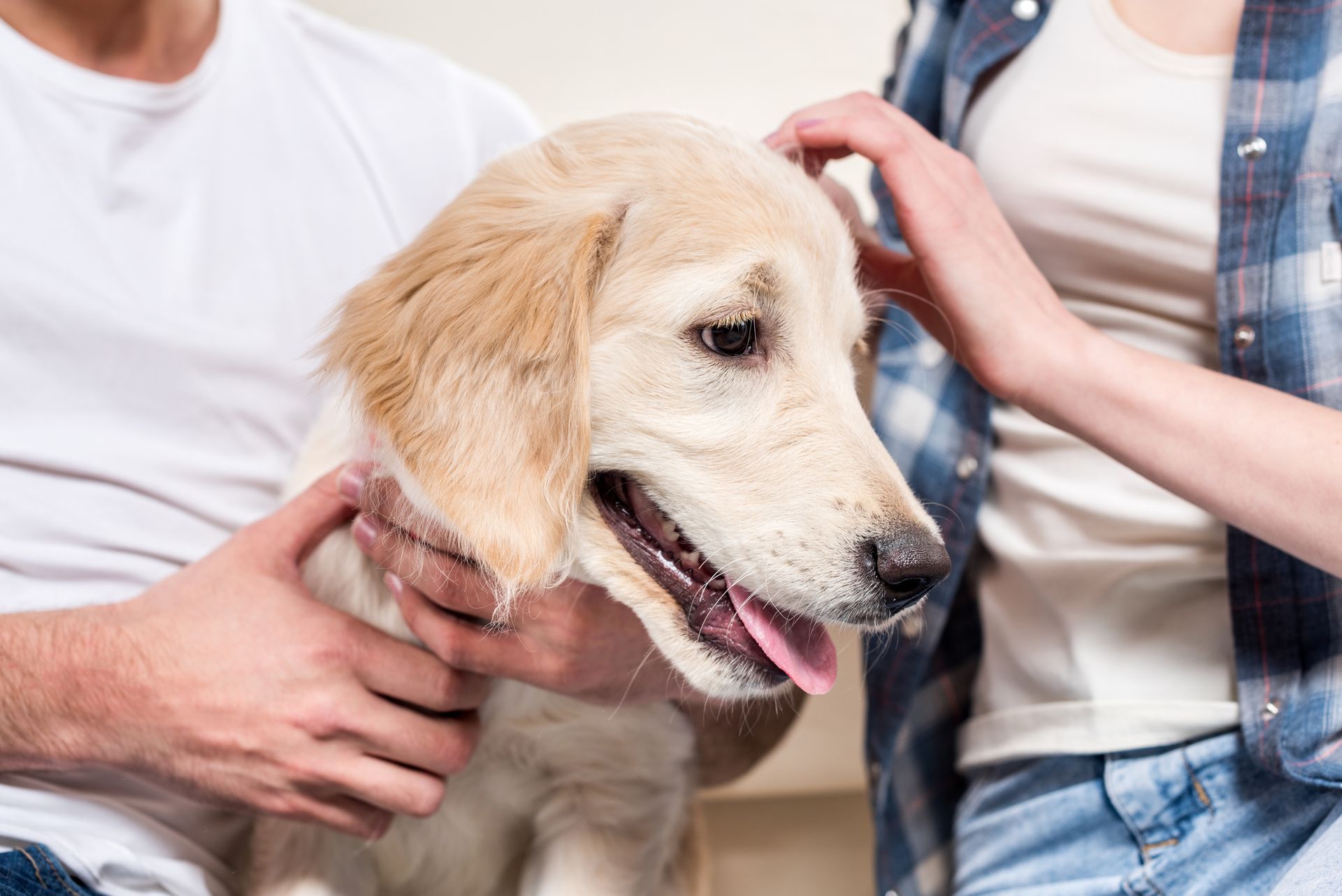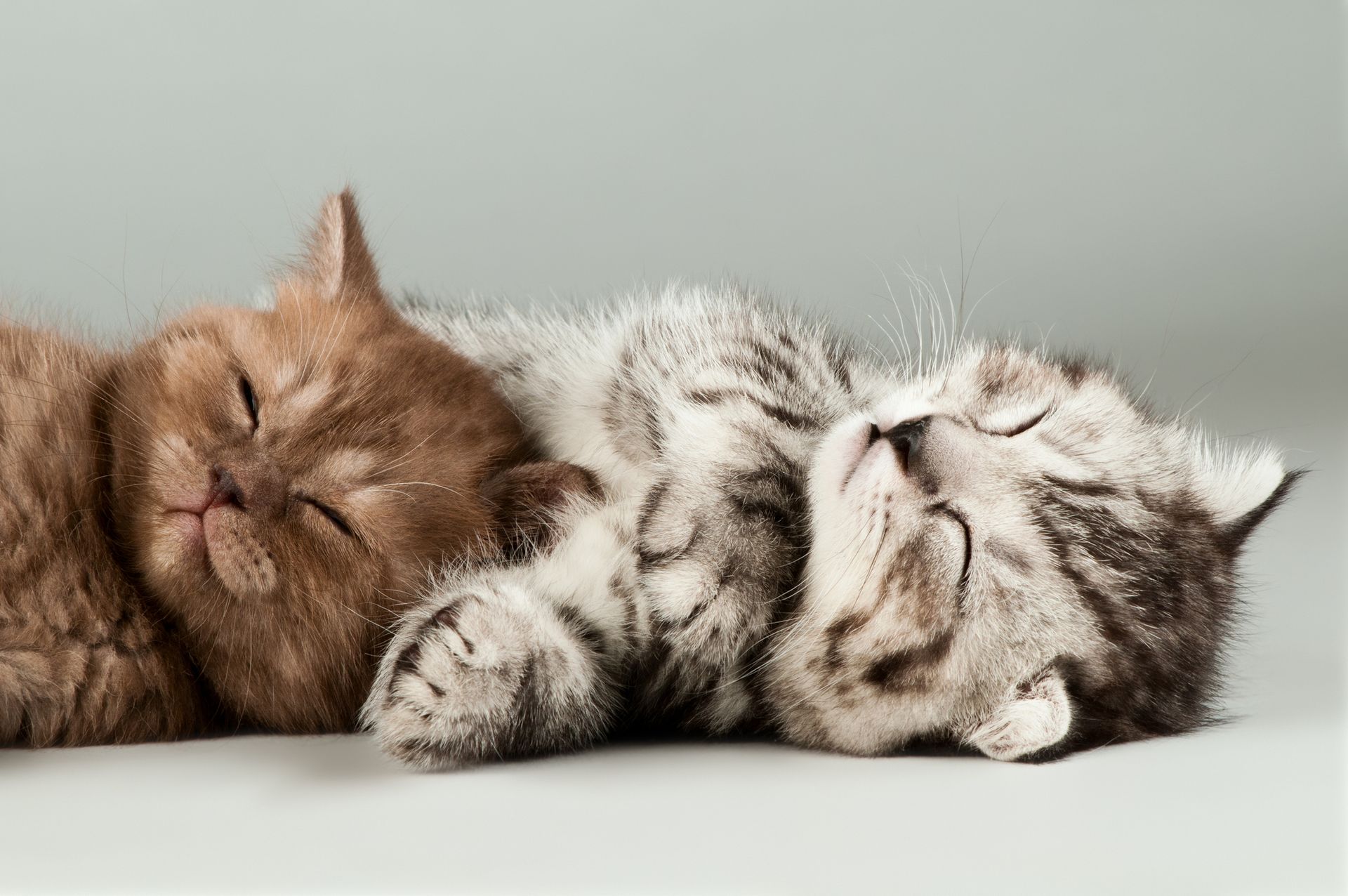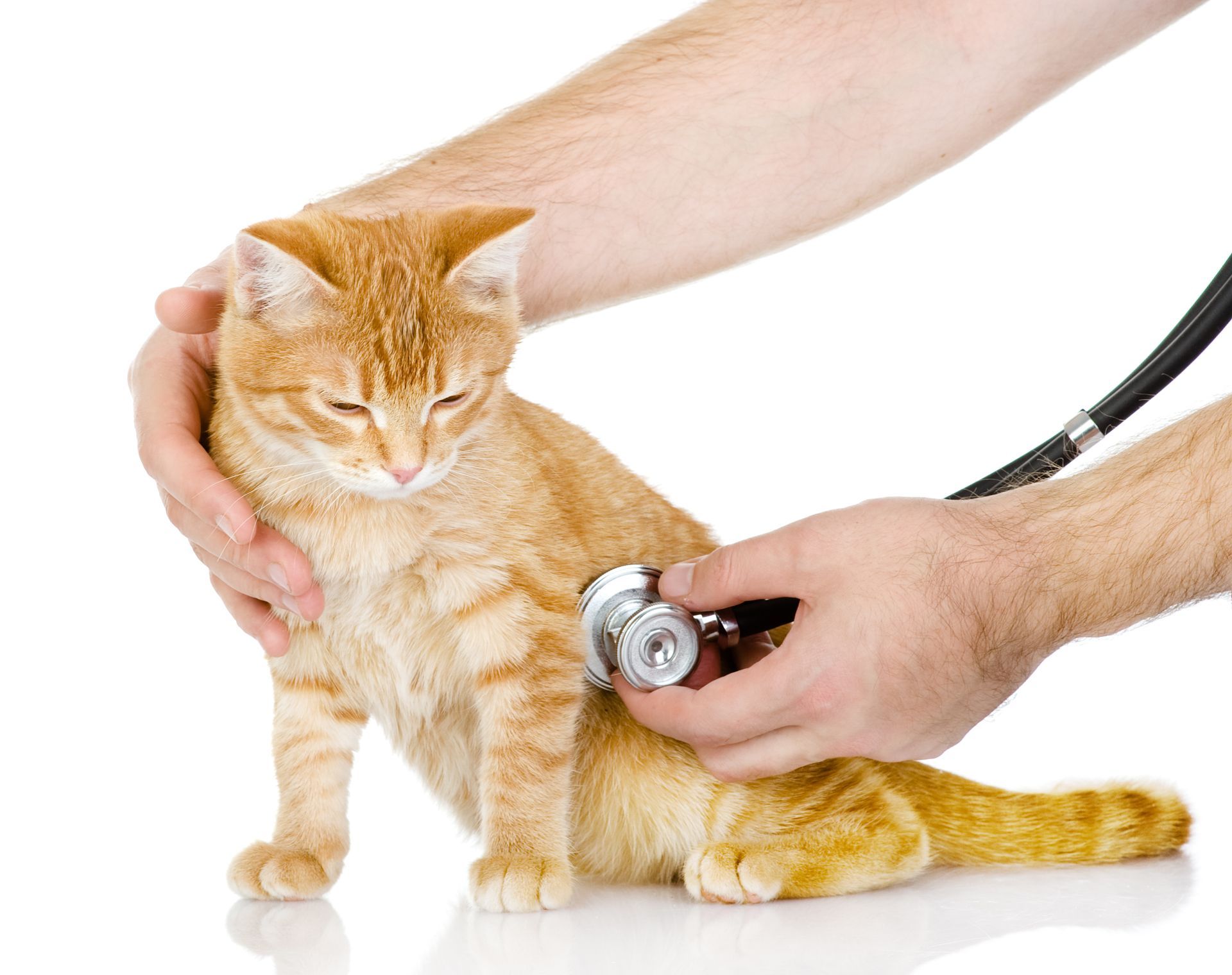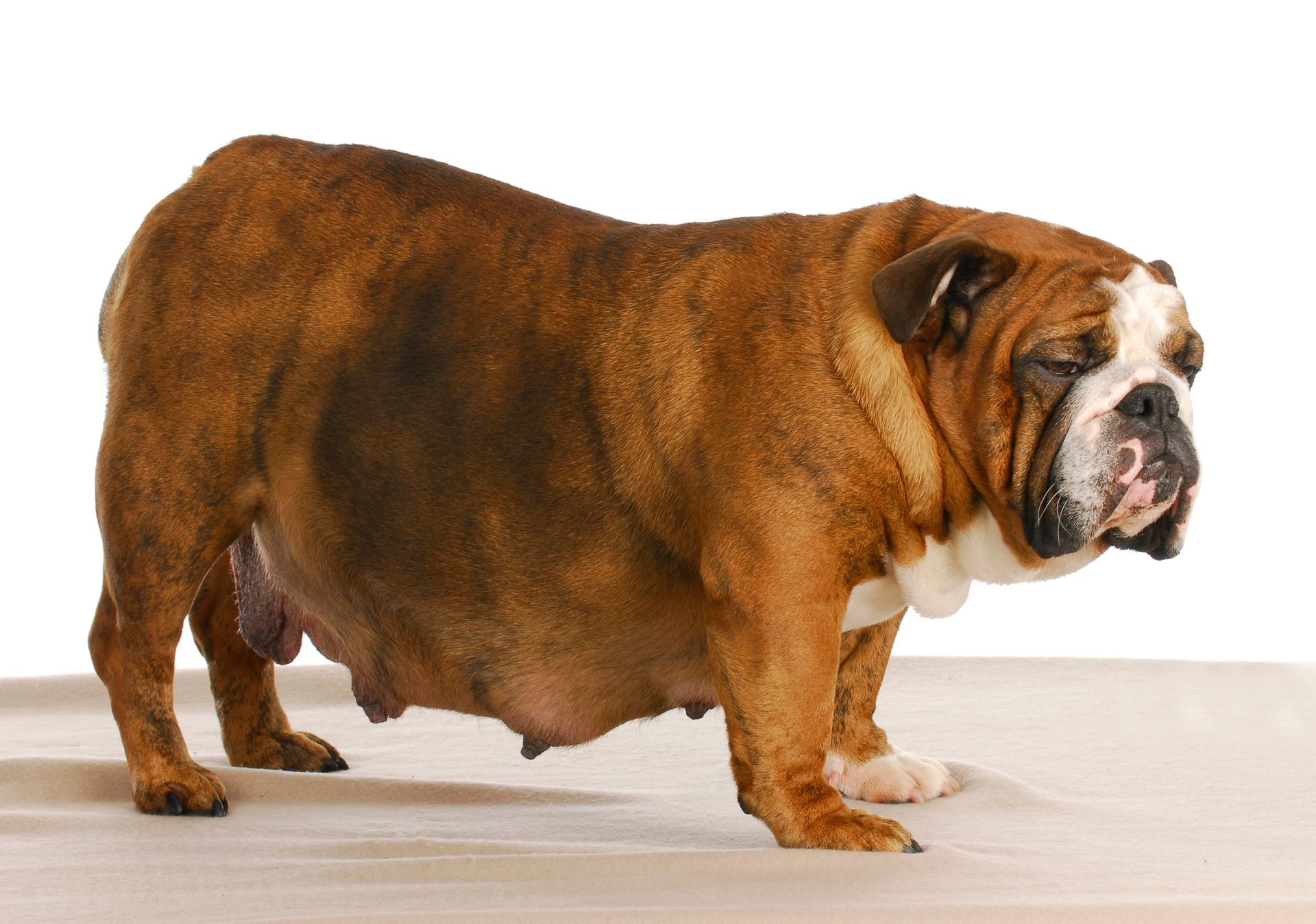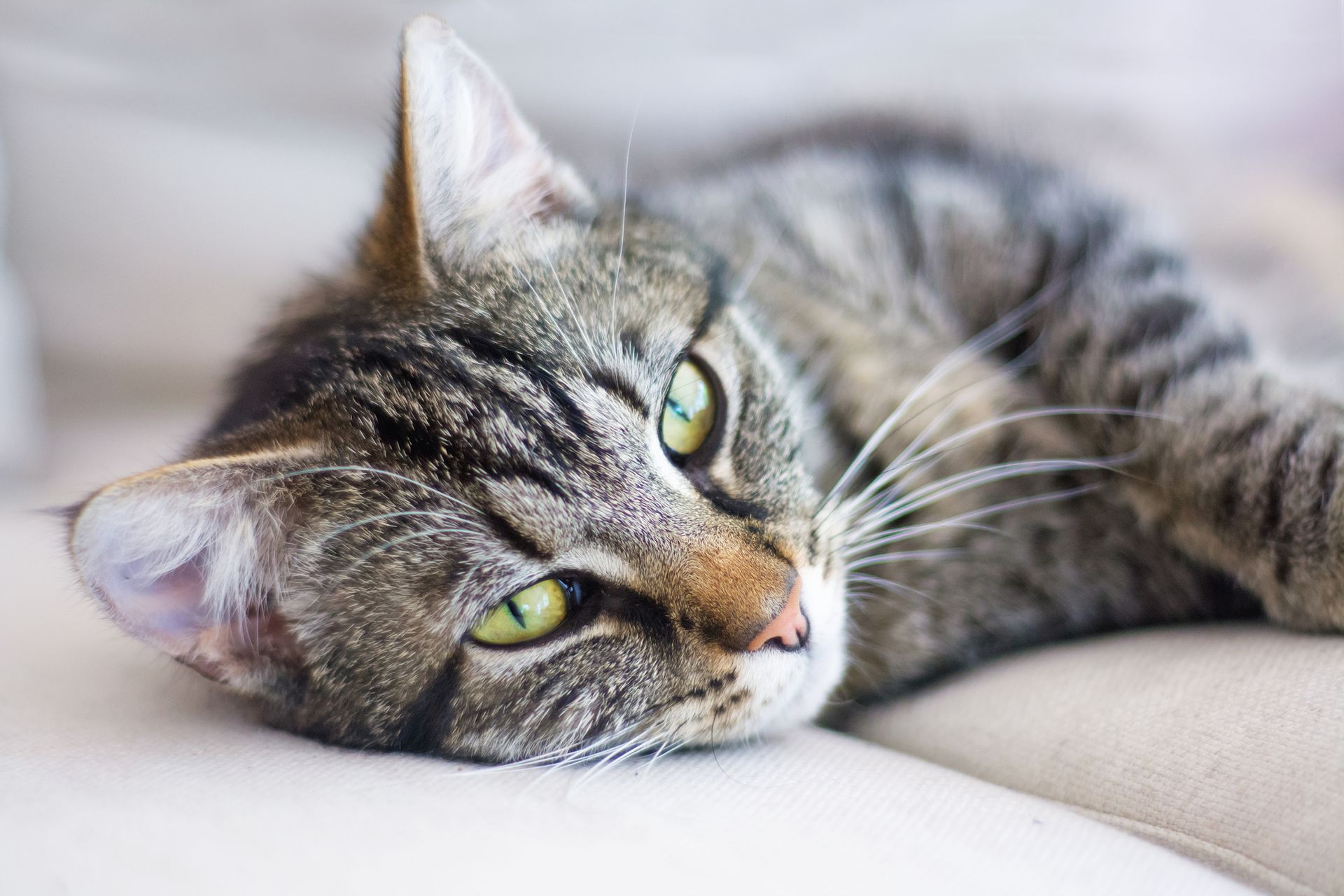Health Conditions That All Rabbit Owners Should Be Aware Of
Rabbits make adorable pets, but some owners mistakenly assume that because they are smaller than dogs and cats and live primarily in cages, they are easier to care for. This is not really the case.
Like dogs and cats, rabbits are prone to a number of health conditions, and they require specific care to protect them from those conditions. The following are three common, yet mostly preventable, health problems seen in rabbits.
Overgrown Teeth
Unlike your teeth, which are a certain size and remain that size for life, rabbits' teeth keep growing. Ideally, the teeth will get worn down as the rabbit chews, and they will wear down at the same rate they erupt from the gums. But if a rabbit does not wear down its teeth fast enough, they can become overgrown. Overgrown teeth can cause a lot of pain and make it difficult for your rabbit to eat.
If your rabbit's teeth become overgrown, your vet can trim them. However, you're better off preventing your rabbit's teeth from becoming overgrown in the first place. Provide pieces of aspen or willow wood for your rabbit to chew. They can also chew on alfalfa cubes or other chew treats made specifically for rabbits.
Sometimes rabbits are born with teeth that naturally do not line up, meaning that no amount of chewing will keep the teeth from becoming overgrown. This condition is known as congenital malocclusion. If your vet informs you that your rabbit has congenital malocclusion, you will need to have the rabbit's teeth trimmed regularly to prevent further pain and problems.
Snuffles
Snuffles is a condition that causes cold-like symptoms, including sneezing, runny eyes, runny nose, and coughing. However, snuffles is a lot more serious than a cold. Caused by bacteria, it is very contagious, and it can progress to a life-threatening condition like pneumonia or septicemia.
If you think your rabbit has snuffles, seek veterinary care immediately. Your vet will prescribe antibiotics to help your rabbit fight the infection. If you have more than one rabbit, wash your hands well after handling the sick rabbit so that you don’t pass the infection to the others.
To prevent your rabbit from getting snuffles, make sure you provide a stress-free environment. Give your bunny plenty of hay to munch on to prevent boredom. Also keep them indoors in a warm, non-drafty area.
Fly Strike
Fly strike is a life-threatening condition that occurs when flies lay their eggs on your rabbit's coat. The eggs develop into larvae, which burrow into your rabbit's skin. Fly strike usually occurs on rabbits whose fur is wet and soiled.
Symptoms of fly strike include lethargy, refusal to eat, and the presence of maggots on the skin. If you suspect your rabbit has fly strike, seek veterinary care. Your vet may need to sedate the rabbit to remove all of the maggots by hand. Many rabbits require IV fluids and antibiotics to fully recover.
To prevent fly strike, always keep your rabbit in a clean, dry cage. If your rabbit has runny feces, decrease the amount of greens in its diet. If you notice a lot of flies near your rabbit's enclosure, consider putting netting over the enclosure or hanging fly strips near the cage to catch them. This is one reason why keeping rabbits indoors is preferable to keeping them outside, even when temperatures are warm.
Rabbits may live in cages, but they still require a lot of care to maintain their health. If you are concerned that your rabbit is suffering from any of the above conditions, contact Angel Pet Hospital
to make an appointment with a knowledgeable veterinarian.


